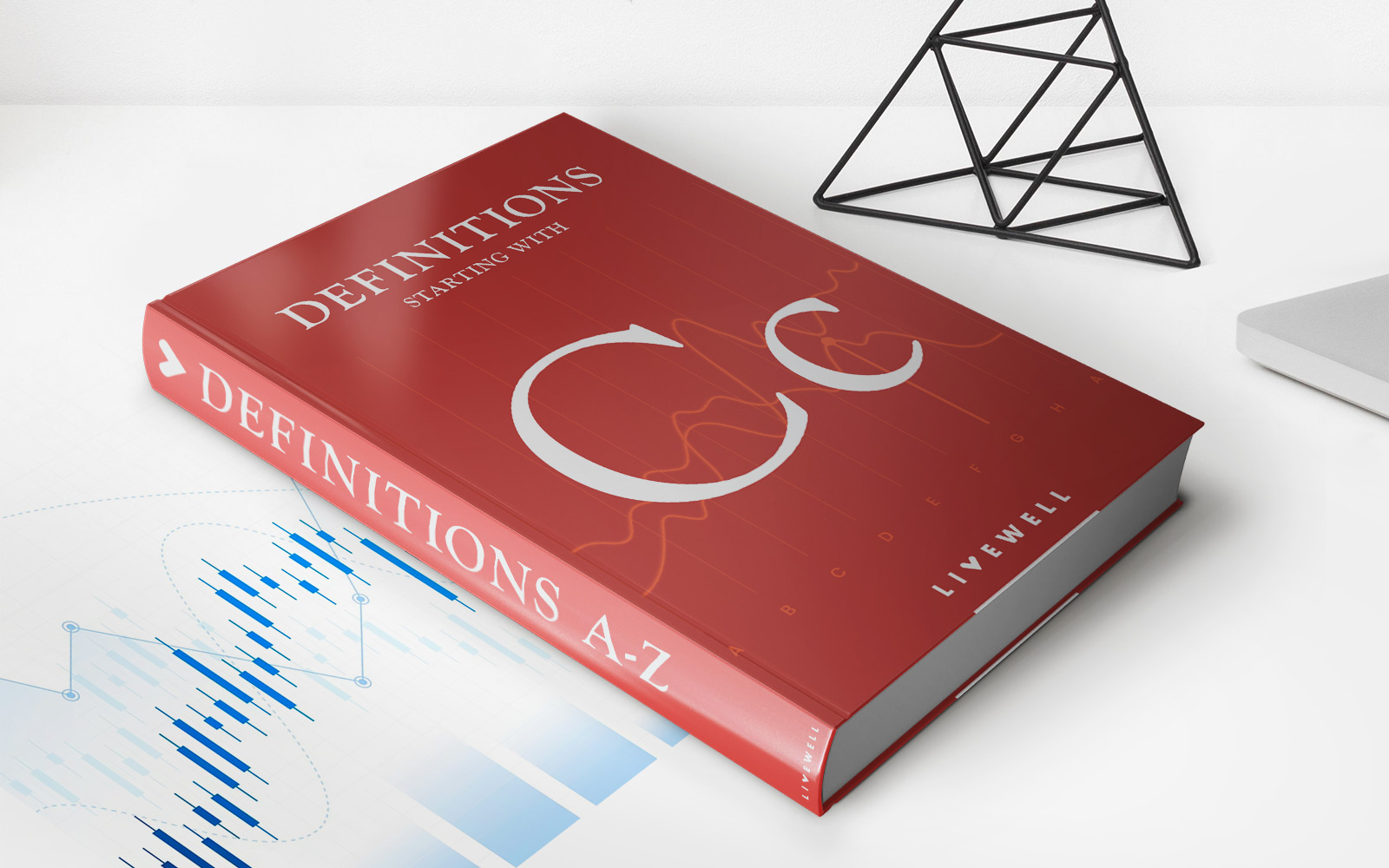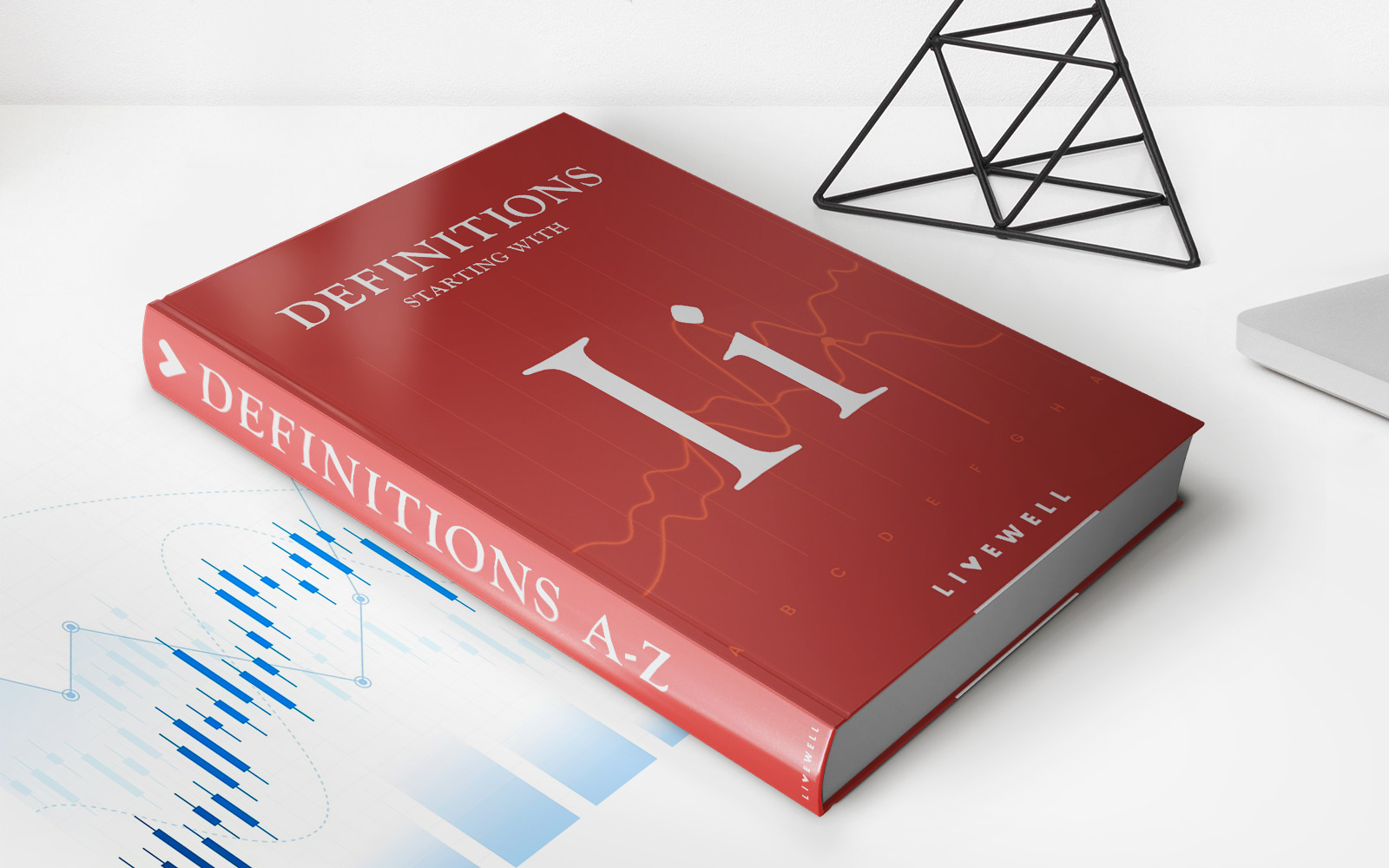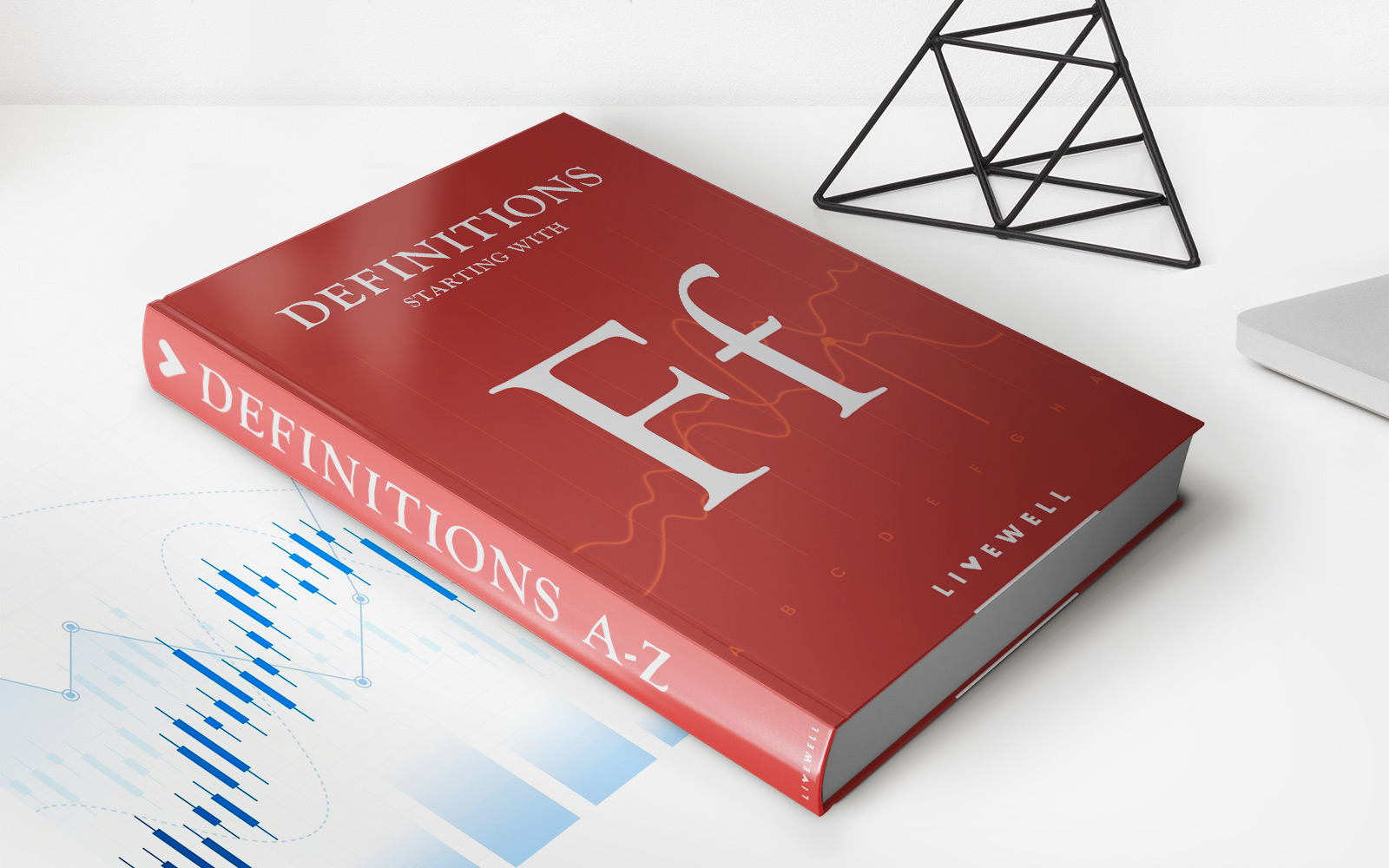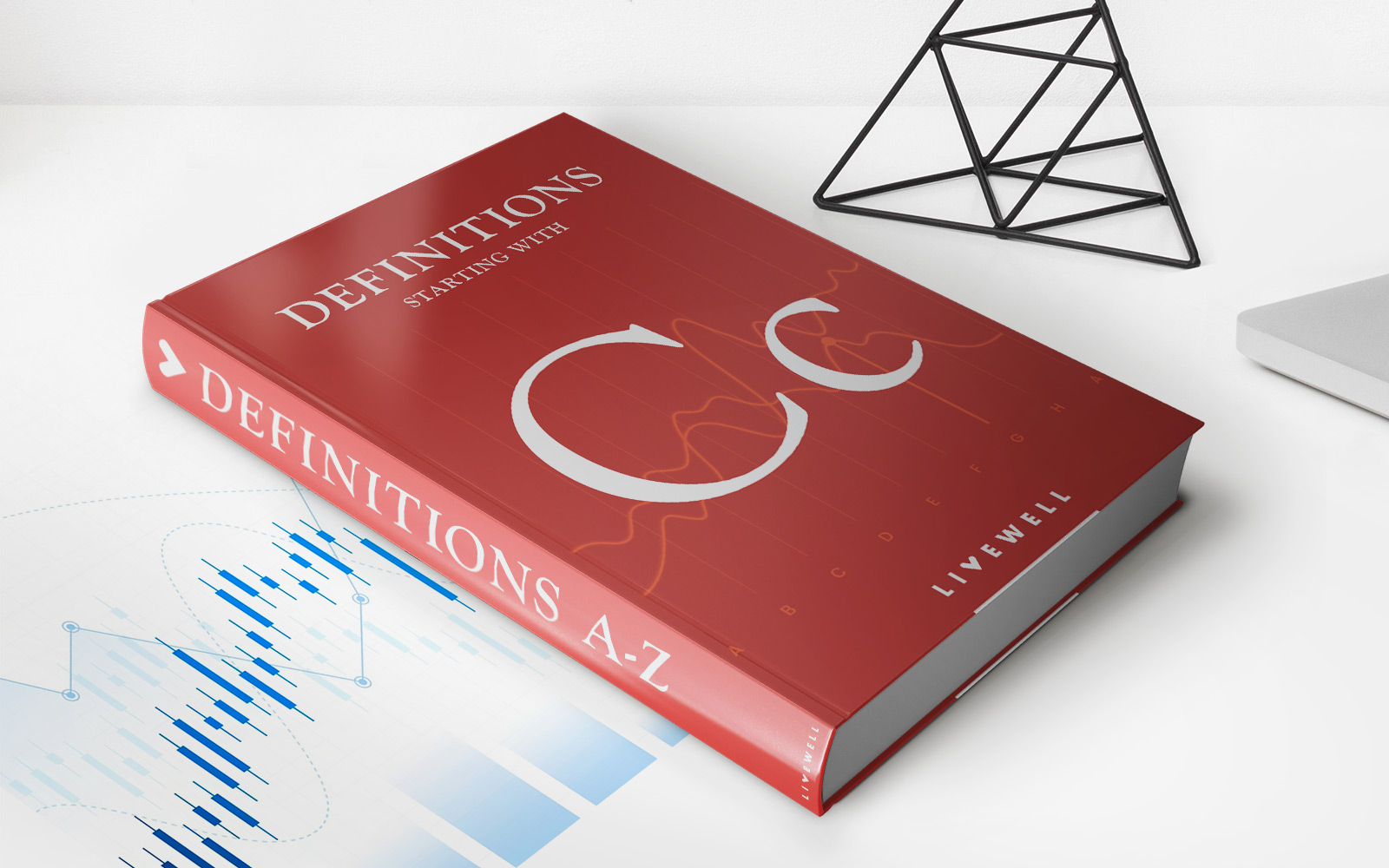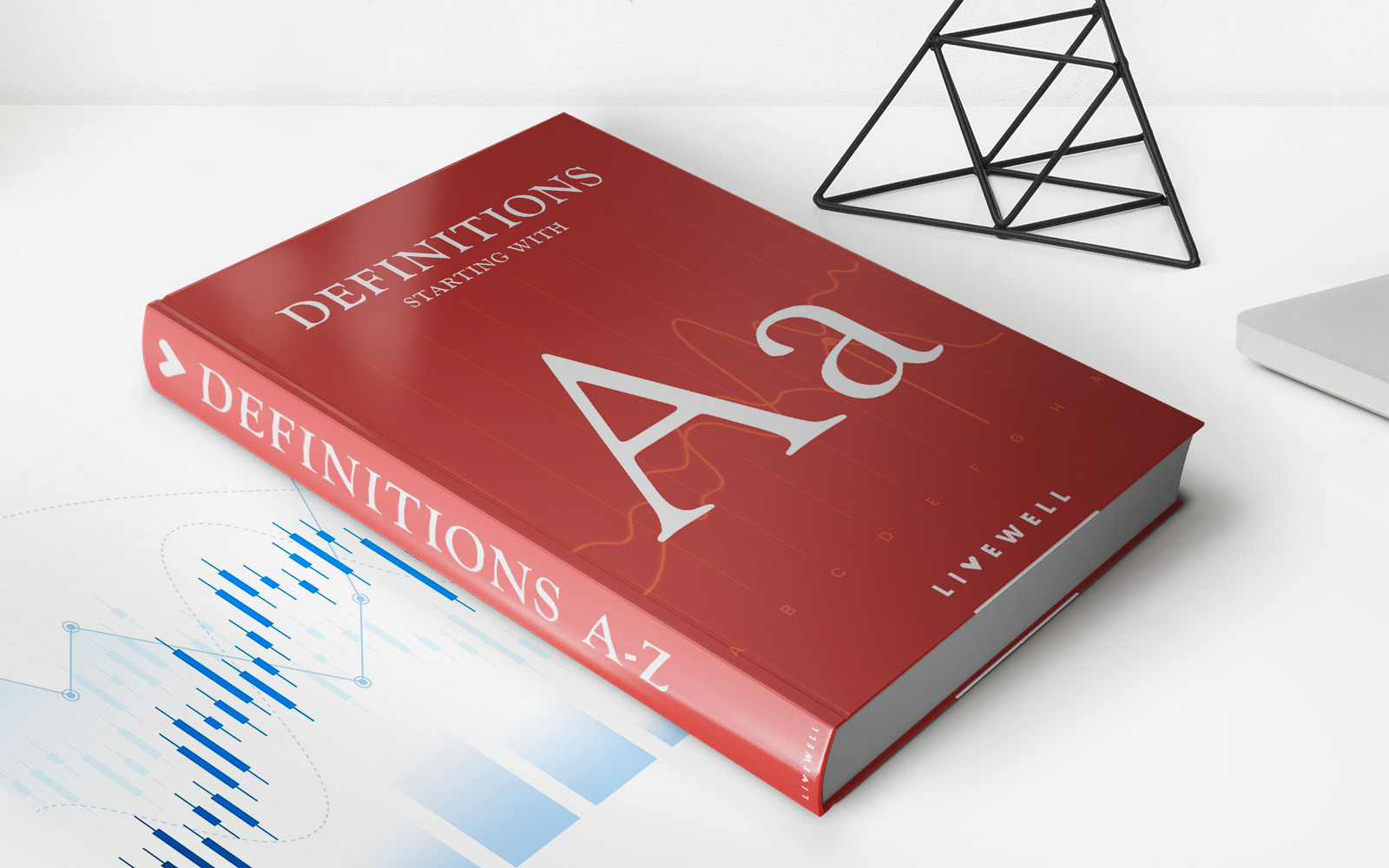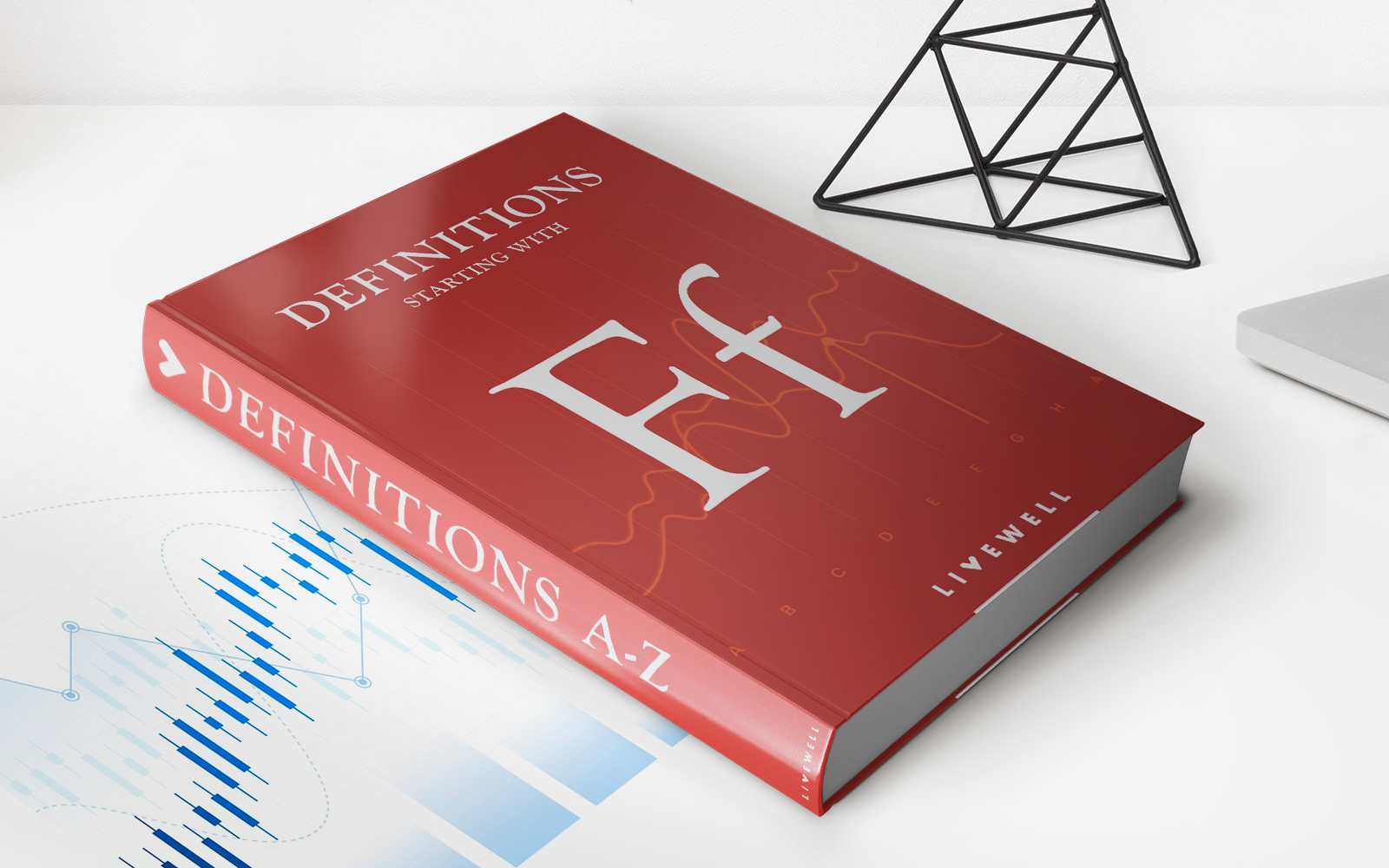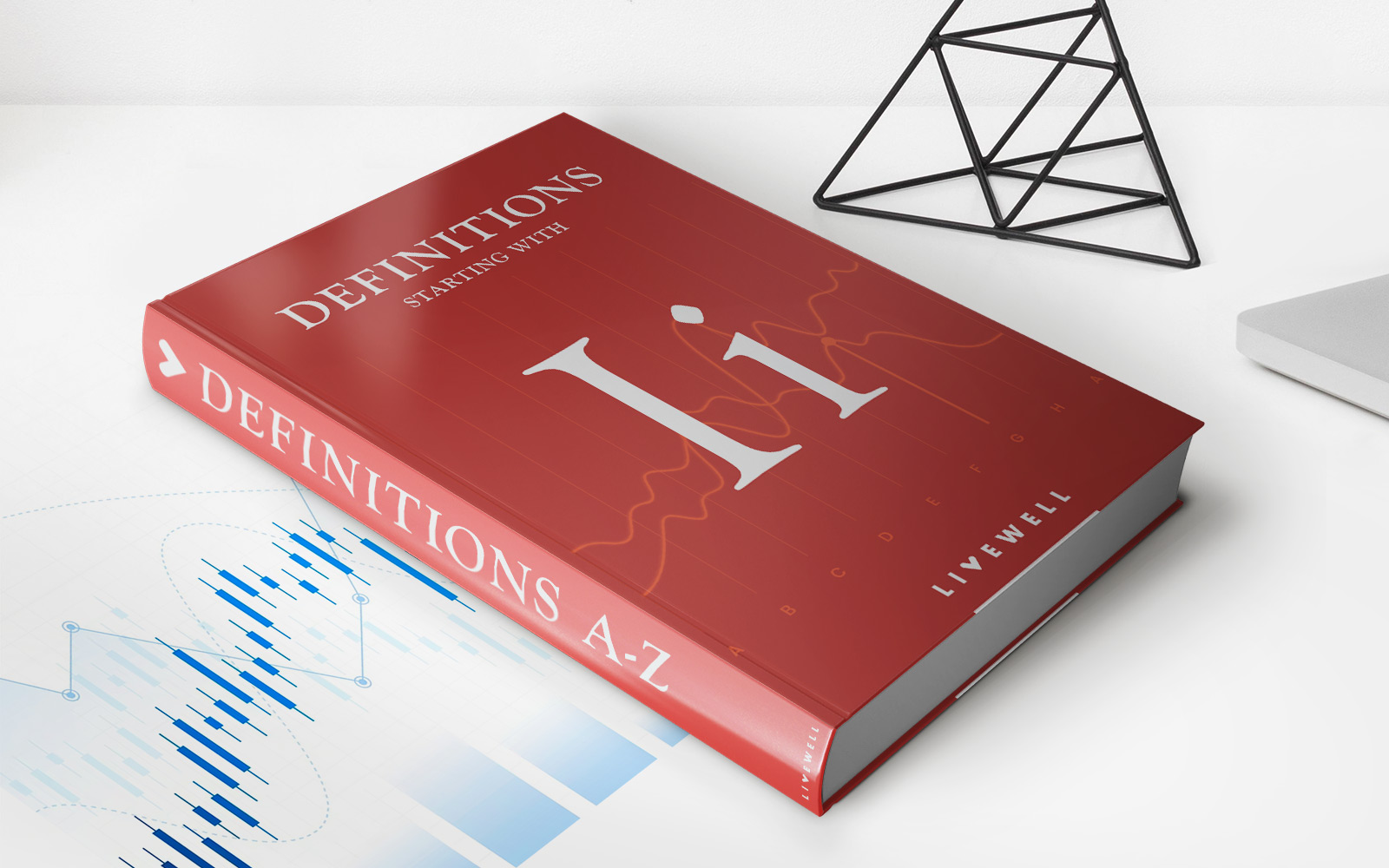

Finance
Information Circular Definition
Published: December 9, 2023
Discover the definition and importance of information circular in the realm of finance. Learn how these documents inform investors and shape decision-making.
(Many of the links in this article redirect to a specific reviewed product. Your purchase of these products through affiliate links helps to generate commission for LiveWell, at no extra cost. Learn more)
Understanding the Information Circular: A Finance Essential
When it comes to financial matters, having a solid understanding of the key terms and concepts is crucial. One such concept that often comes up in the realm of finance is the Information Circular. But what exactly is an Information Circular and why is it such an important part of the financial landscape? In this blog post, we’ll dive into the definition of an Information Circular and explore its significance in the world of finance.
Key Takeaways:
- An Information Circular is a document issued by a company to provide important information to its shareholders and other stakeholders.
- It serves as a tool that enables companies to communicate vital details about corporate actions, such as annual general meetings, mergers, acquisitions, and important voting matters.
What is an Information Circular?
An Information Circular, also known as a circular or simply as an “IC”, is a document that companies distribute to their shareholders and other interested parties. It aims to provide crucial information about specific corporate actions that require shareholder approval or involvement. This document plays a critical role in ensuring transparency and allows stakeholders to make informed decisions regarding these actions.
Why are Information Circulars important?
Information Circulars are of paramount importance for both the company and its shareholders. Here’s why they matter:
- Transparency: Information Circulars ensure that all relevant details about corporate actions are disclosed to shareholders. This transparency fosters trust and provides shareholders with the necessary information to make well-informed decisions.
- Legal Compliance: In many jurisdictions, companies are legally required to provide certain information to their shareholders. Information Circulars help companies fulfill these legal obligations and protect themselves from potential legal repercussions.
- Shareholder Engagement: By sharing important information and seeking shareholder approval or input, companies can enhance their relationship with shareholders. This engagement can lead to better-informed decision-making and increased trust and loyalty from shareholders.
What should an Information Circular include?
An Information Circular typically includes a variety of information related to the corporate action in question. Some common components include:
- Background information and context about the action being proposed
- Details about the timing and location of meetings where decisions will be made
- Explanations of any proposed changes to the company’s structure or operations
- A summary of the potential benefits and risks associated with the action
- Financial statements and other pertinent documents for shareholders to review
- Instructions on how shareholders can submit their votes or participate in the decision-making process
Conclusion
An Information Circular is a vital document that allows companies to communicate important details about corporate actions to their shareholders and stakeholders. These circulars promote transparency, enable legal compliance, and foster engagement with shareholders. By understanding the purpose and content of an Information Circular, investors and stakeholders can make informed decisions and actively participate in the decision-making process.
For more information on financial terms and concepts, check out our Finance page.
